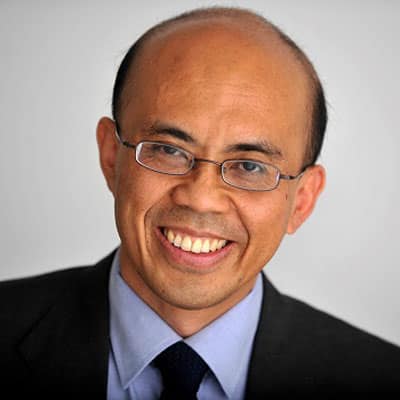Featured Topics
Featured Products
Events
S&P Global Offerings
Featured Topics
Featured Products
Events
S&P Global Offerings
Featured Topics
Featured Products
Events
S&P Global Offerings
Featured Topics
Featured Products
Events
Financial and Market intelligence
Fundamental & Alternative Datasets
Government & Defense
Professional Services
Banking & Capital Markets
Economy & Finance
Energy Transition & Sustainability
Technology & Innovation
Podcasts & Newsletters
Financial and Market intelligence
Fundamental & Alternative Datasets
Government & Defense
Professional Services
Banking & Capital Markets
Economy & Finance
Energy Transition & Sustainability
Technology & Innovation
Podcasts & Newsletters
BLOG — May 20, 2021
Five suspected members of the Abu Sayyaf Group (ASG) were killed on 17 May by Malaysian police in an armed encounter in Beaufort district on Sabah's west coast. Mabar Binda, a commander associated with the ASG's Sawadjaan clan responsible for directing kidnap-for-ransom activities in Sabah and the Philippines' Sulu islands, was identified among the deceased.
Police located the suspected militants after tracking fugitives who had escaped from an operation on 8 May in a squatter settlement in Beaufort. Eight men identified as ASG militants, including Binda's fellow commander Sansibar Bensio, and 29 other individuals were arrested in the earlier operation.
Sabah has in recent years been identified by the authorities as a major transit point for Islamist militants to smuggle arms and supplies between southern Philippines, Indonesia, and Malaysia. Sabah Police Commissioner Hazani Ghazali said on 18 May that 83 suspected Islamic State militants have been arrested from 2014 to 2020 in the state.
Significance
The presence of ASG members in Beaufort indicates that Sabah remains an important location for the organization to operate, taking advantage of settlements often comprising undocumented Filipino migrants. Given that their location was poorly equipped for an armed confrontation, with just two pistols and machetes seized in the operation, it is unlikely that the suspected militants planned to launch attacks or kidnappings from Beaufort.
While Sabah's east coast is used by the ASG for kidnap-for-ransom activities, the western coast and hinterland are ideal for concealed locations. Reports from Philippine and Malaysian security forces indicate that the ASG cell disrupted in Sabah comprised the survivors of an ASG subgroup operating from eastern Sulu. Most notably, counter-terrorism operations in Jolo resulted in the deaths of several of the group's members, including the father of Mabar Binda, Hatib Munap Binda, and the father of Sansibar Bensio, Bensio Barahama, in November 2020.
The intensity of military operations against the ASG in Sulu was a likely factor driving survivors to seek refuge in Beaufort. Given the intensity of the Philippine military's ongoing operations, more arrests and armed encounters between fleeing ASG members and Malaysian security forces are likely.
Posted 20 May 2021 by Anton Alifandi, Associate Director, Country Risk, S&P Global Market Intelligence
